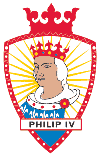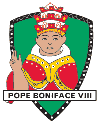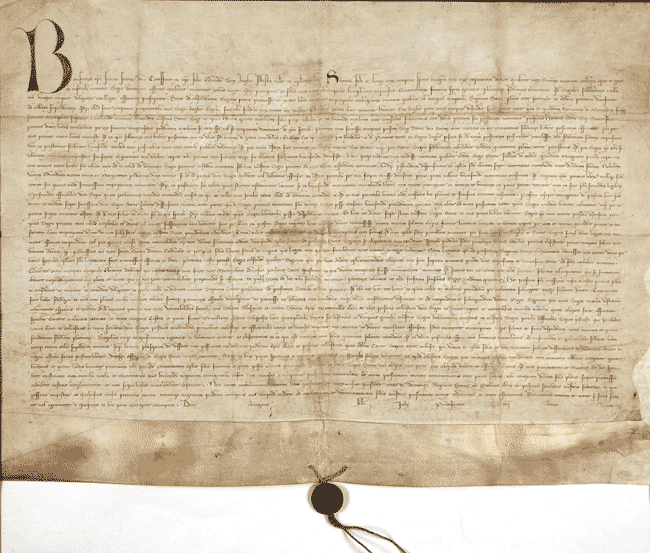Unit 4: The European dimension

Edward I returned to Scotland with a large army. On 22 July 1298, the two forces met at the battle of Falkirk. The English won the day with more cavalry and archers. Edward went south and did not return to Scotland until 1300. Wallace resigned as Guardian.
 Since 1293, Edward I had been at war with King Philip IV of France. They battled over Gascony, the territory in south-west France long held by English kings as dukes of Aquitaine. Edward feared French support for Wallace following the Franco-Scottish alliance in October 1295. Philip had his own troubles – a conflict with Pope Boniface VIII over the right to tax the clergy for state purposes. Boniface, as head of western Christendom, wanted nothing to prevent the launch of another crusade so he pressed Edward and Philip to reach a peace that included Scotland. Since 1293, Edward I had been at war with King Philip IV of France. They battled over Gascony, the territory in south-west France long held by English kings as dukes of Aquitaine. Edward feared French support for Wallace following the Franco-Scottish alliance in October 1295. Philip had his own troubles – a conflict with Pope Boniface VIII over the right to tax the clergy for state purposes. Boniface, as head of western Christendom, wanted nothing to prevent the launch of another crusade so he pressed Edward and Philip to reach a peace that included Scotland.
The influence of European politics, diplomacy and military campaigns continued to influence the ongoing struggle for Scotland’s recognition as an independent kingdom. In June 1299, Boniface issued a papal bull, Scimus fili, that re-asserted a claim that Scotland belonged rightfully to the church and was not subject to English lordship. He ordered Edward to end his war against Scotland. The following month, Balliol was released from English captivity and placed in papal custody in France. Remarkably the papal bull took more than a year to reach Edward.
View the timeline of events in the Scottish Wars of Independence
Open a map of 13th-14th century Europe
|
The papal bull of Boniface VIII, 1299

(Reproduced courtesy of The National Archives, reference SC7/6/10)
Abbreviated translation
Boniface, bishop and servant to the servants of God, sends greeting to the illustrious king of England.
... It may indeed have come to the knowledge of your royal highness, that from ancient times the realm of Scotland belonged rightfully and is known still to belong to the Roman church and is not feudally subject to the kings of the realm of England, nor to you. ... It is not lawful for you to dominate it by force and to subjugate it to your rule, to the prejudice of the Roman church and of no small number of people.
... since you have also occupied castles and monasteries and other places of the religious orders and demolished or destroyed many of them, and brought heavy losses to the inhabitants of the realm, and have established royal officials in the same realm... with manifold vexations to the contempt of the Holy See, the injury of the royal welfare and reputation, the outrage of justice, and the grave scandal of many of the faithful: accordingly we request, admonish and beseech you kindly cause to be restored to their former liberty the bishops, clerks and ecclesiastical persons whom the royal prison now holds in durance, and that you recall those officials from the realm of Scotland. You will comport yourself in these matters with such speedy and effective zeal that you may not undeservedly be rendered more acceptable and held more dear and you may more richly deserve the favour and grace of the apostolic see.
… If you do indeed assert that you have a right in the realm of Scotland, or in any part of it, we desire that without fail you send to our presence, within six months reckoned from the receipt of the present letter, your proctors and envoys specially appointed for the purpose, with all your titles and muniments touching this case, for we are ready to grant to you full and complete justice in this matter, and to observe inviolably your rights, such as they are.
Dated 27 June 1299 [fifth year of our pontificate]
(Edited translation taken from Anglo-Scottish Relations, 1174-1328, ed. E L G Stones, pp.81-87)
|
